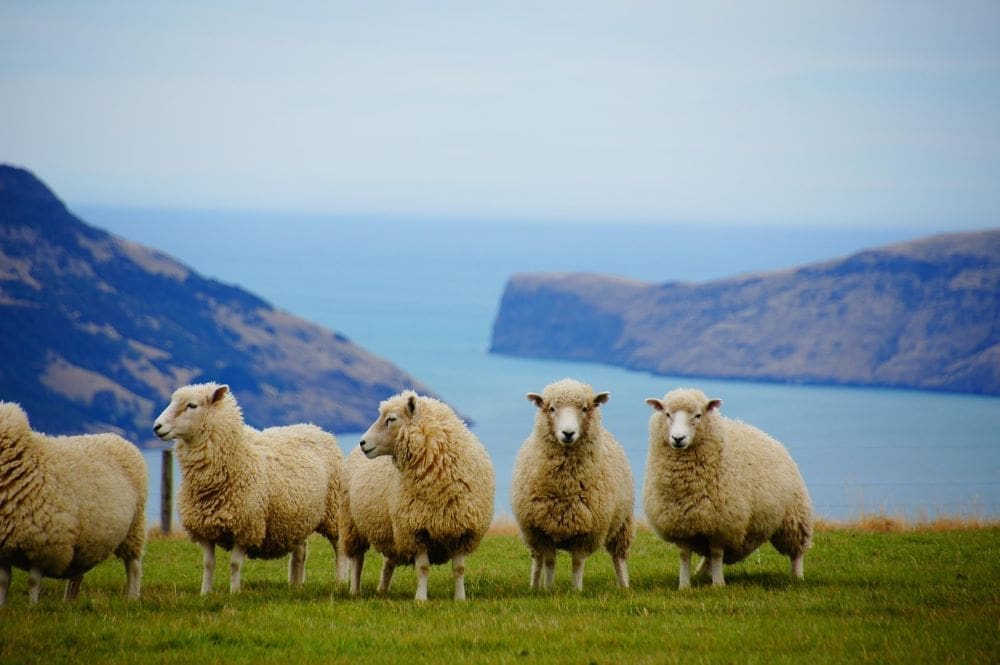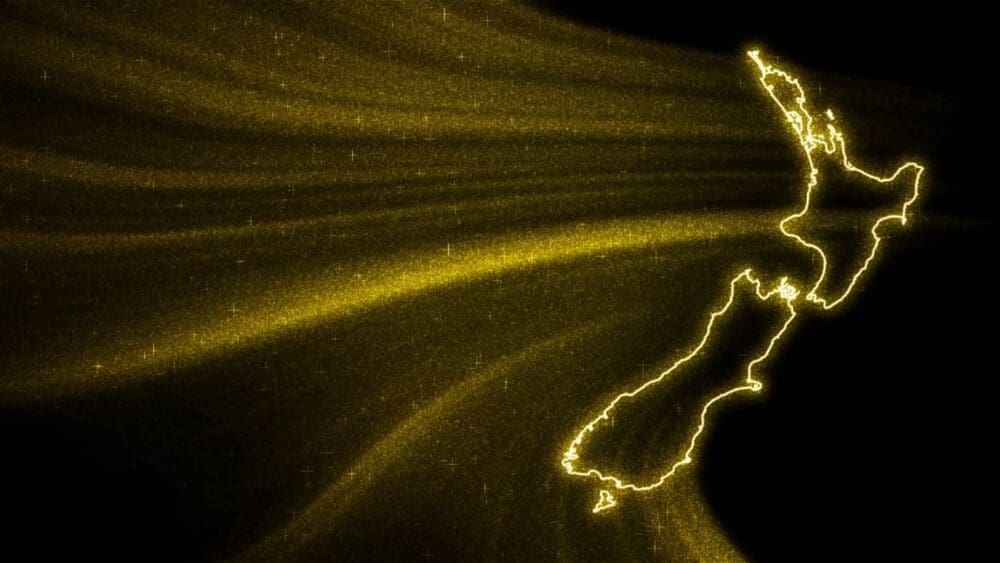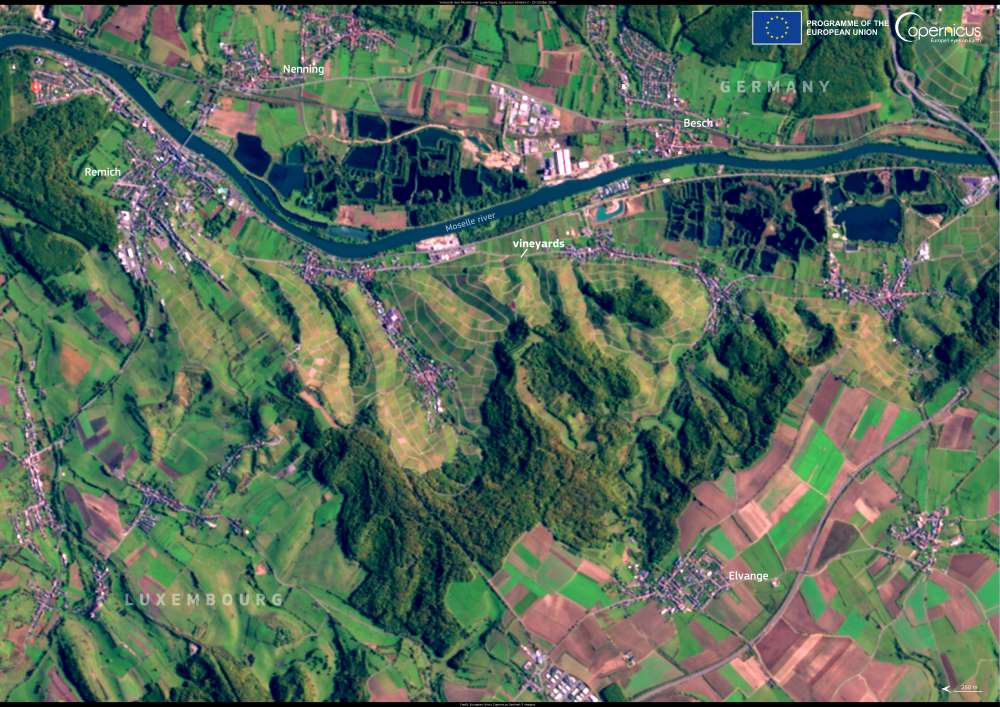Wellington, New Zealand | AFP
Environmental campaigners have accused New Zealand’s government of “full-blown climate denial” after it slashed targets for reducing emissions of methane, a potent greenhouse gas that contributes to global warming.
New Zealand’s right-leaning coalition government outlined plans on Sunday to reduce methane emissions by between 14 and 24 percent by 2050, compared to 2017 levels.
The previous target was between 24 and 47 percent.
Farmers — who had taken issue with the previous target — praised the move, but scientists and opposition parties criticised it as “weak” and “unambitious.”
Greenpeace’s New Zealand office said the policy shift “amounts to full-blown climate denial.”
Amanda Larsson, a climate campaigner with the environmental group, said Prime Minister Christopher Luxon was “choosing… corporate profits over our kids’ future.”
Climate Change Minister Simon Watts said the government “remains committed to our domestic and international climate change commitments, including net zero by 2050.”
“Agriculture will continue to make an important and fair contribution to achieving this reduction.”

The government also confirmed that it would conduct a legislated review of biogenic methane targets in 2040, and impose no tax on agricultural methane emissions due to the threat of farm closures.
It will also invest NZ$400 million (US$230 million) in methane-cutting technology.
Watts said total agricultural emissions could fall by up to 14 percent over the next decade if 30 percent of farmers adopted technologies expected to be available before 2030.
But Massey University climate mitigation expert Ralph Sims said there was “no guarantee” that scientific research would provide near-term solutions to biogenic methane.
Biogenic emissions include those belched out by the country’s five million cows and 23 million sheep.
Agriculture accounts for almost half of New Zealand’s greenhouse gas emissions, according to government figures.
Lawyers for Climate Action, an advocacy group, said the reduced target risked tarnishing New Zealand’s international standing.
Jocelyn Turnbull, a principal scientist at government-funded institute Earth Sciences New Zealand, also said it could harm New Zealand’s “clean and green” image.
But Federated Farmers of New Zealand, an agricultural lobby group, said the change was “long overdue.”
President Wayne Langford said previous methane reduction targets had been “absolute madness.”
“Farming families have been under huge pressure for a long time now — but it looks like that’s finally coming to an end,” he said.
bes/sft/mjw
© Agence France-Presse
Article Source:
Press Release/Material by AFP
Featured image credit: Allexxandar | Freepik




